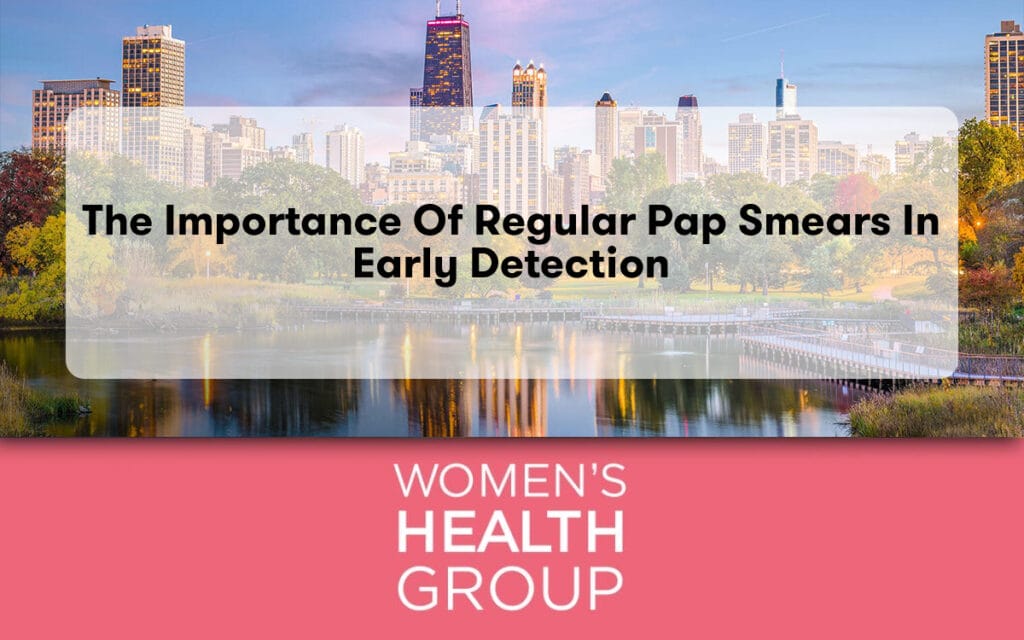The Importance of Regular Pap Smears in Early Detection

Discover how regular pap smears can lead to early detection of cervical issues. Schedule your appointment at 773-985-2909 to stay proactive.

Discover how regular pap smears can lead to early detection of cervical issues. Schedule your appointment at 773-985-2909 to stay proactive.